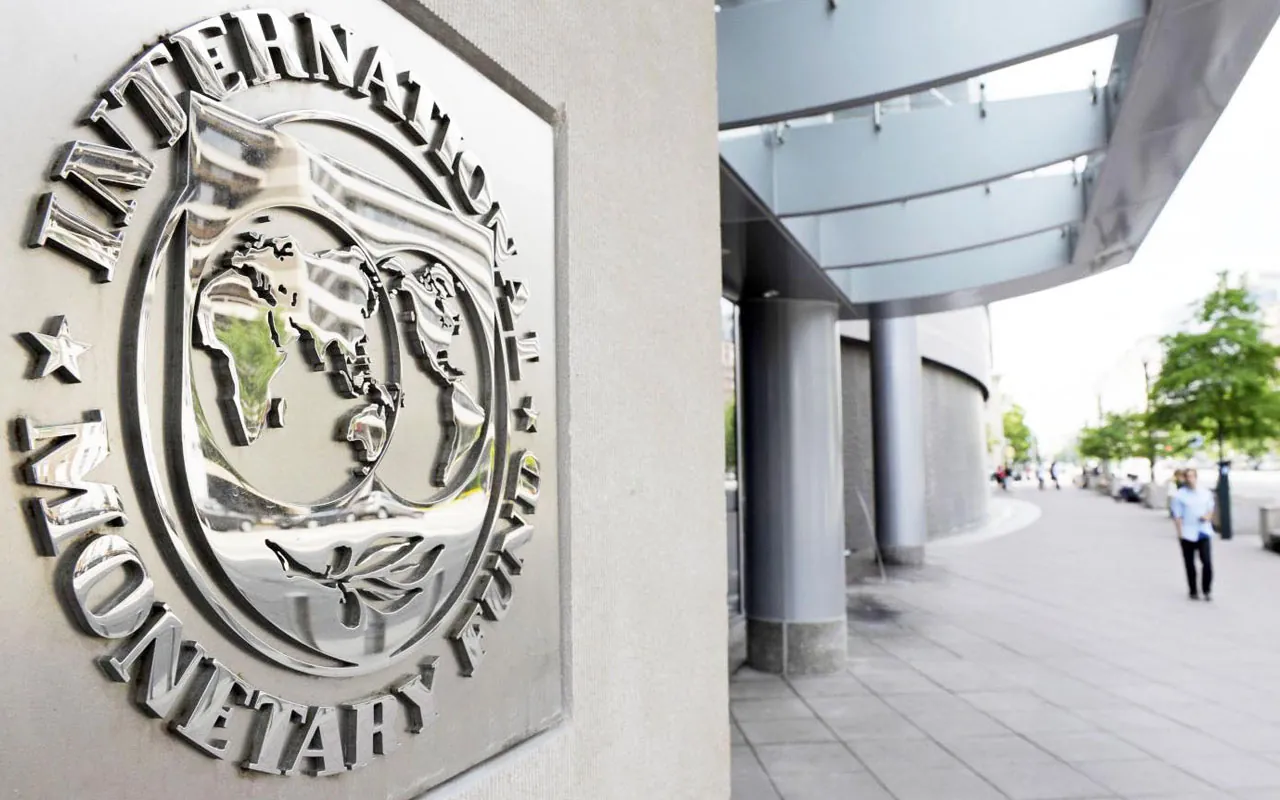BUSINESS
IMF Warns of Risks as Stablecoins Reshape the Global Economy

The International Monetary Fund (IMF) has highlighted how stablecoins and other financial innovations are fundamentally changing the global economy, presenting a complex mix of new opportunities and significant risks. While these digital assets promise greater efficiency and financial inclusion, the IMF warns that they could also pose a threat to financial stability.
The Promise and the Peril of Digital Money
Just a few years after predicting a “money revolution” driven by digital assets, the IMF confirms that this transformation is well underway. Stablecoins, which are digital tokens typically backed by assets like government bonds or major currencies, have seen massive growth. Millions now use them for low-cost, 24/7 cross-border transactions. In some countries facing high inflation, dollar-pegged stablecoins have even become a critical financial lifeline. The IMF notes that new legislation in the United States and other markets is expected to further fuel their adoption. However, this widespread use also carries potential for instability.
According to experts cited by the IMF, the rise of dollar-based stablecoins could lead to “dollarization” in other economies, causing currency volatility and weakening domestic banking systems. These assets, while speeding up payments, can also falter under stress, potentially creating major financial stability challenges. Academics also raise concerns about the broader changes in global finance, where lightly regulated non-bank entities and new technologies like AI are increasingly taking a central role in lending and liquidity.
The Path to Safe Innovation
The IMF’s analysis isn’t all caution; it also points to successful government-led initiatives. India’s **Unified Payments Interface (UPI)**, for example, which processes more than **19 billion transactions monthly**, shows how public digital infrastructure can modernize payment systems and expand financial access. However, the competition among fintech companies, big tech firms, and traditional banks is intensifying, underscoring the need for forward-looking public policies that guide innovation without destabilizing markets.
Authorities are also being urged to remain vigilant against criminal exploitation. Digital payment systems are vulnerable to abuse for tax evasion, money laundering, and terrorism financing. Experts recommend stricter oversight to proactively prevent such criminal activities. In its concluding remarks, the IMF’s blog post emphasizes that the key to navigating this new financial landscape is to **balance risks and benefits** through clear regulation that protects consumers and investors while limiting systemic risks.
